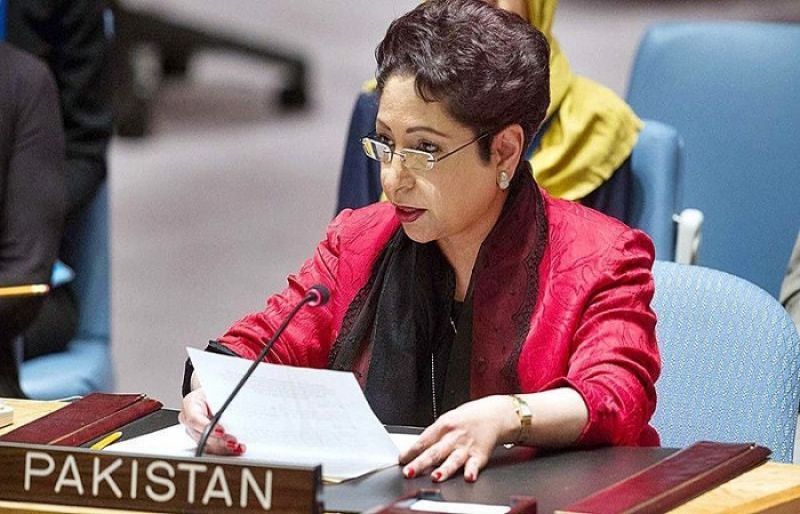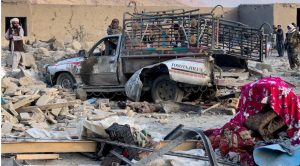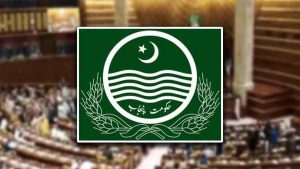NEW YORK – At the UN, Pakistan reiterated its opposition to any fissile material cut off treaty that discriminated between different nuclear weapon states and did not ensure equal and undiminished security to all states.
Speaking in the Informal Consultative Meeting called by the Chairperson of the High-level Fissile Material Cut-off Treaty (FMCT) Expert Preparatory Group, Yasar Ammar, Counsellor at Pakistan’s Mission to the UN, argued that a universally acceptable fissile material treaty would have to avoid discrimination between the different nuclear weapons possessing states. “There should be no preferential treatment for any country in terms of existing stocks. The treaty should lead to equal and undiminished security for all states”, he added.
He said that a treaty which only results in a cut-off in the production of fissile material, as envisaged under the Shannon Mandate, would jeopardize Pakistan’s security, “unless it addresses the vast asymmetries in existing stocks of fissile material”.
“A cut-off only treaty would freeze the status quo to our permanent disadvantage and negatively affect strategic stability in South Asia”, the Pakistani representative pointed out .
The situation, he said, has been further compounded by the exercise of “double standards” in the application of non-proliferation norms for the sake of political expediency and economic benefits.
“It is manifest in the conclusion of discriminatory bilateral civil nuclear cooperation agreements, the grant of inequitable waivers, and the continued pursuit of the creation of additional country-specific exceptions in the nonproliferation and multilateral export control regimes. These discriminatory measures endanger regional strategic stability in South Asia”, he added.
Explaining the reasons for Pakistan’s developing a nuclear deterrence capability, Ammar said that unfortunately the country had to face three major wars within the first 25 years of its existence. and added, “Facing overwhelming conventional military dominance, and the failure of the international community either to resolve the underlying disputes or to guarantee the security and inviolability of our borders, Pakistan was left with no option, but to develop a nuclear deterrence capability in the interest of maintaining peace and stability in South Asia”.
Pakistan voted against UNGA resolution 71/259 entitled “Treaty banning the production of fissile material for nuclear weapons or other nuclear explosive devices.” Pakistan did not participate in the Group of Governmental Experts (GGE) on FMCT that worked during 2014-15 and will not participate in the 25-member High Level FMCT Expert Preparatory Group that is being established pursuant to this resolution. Pakistan participated in this informal meeting today to elaborate on the rationale behind its position.
The Pakistani diplomat quoting from the UNGA document which read, ‘in the adoption of disarmament measures, the right of each state to security should be kept in mind’, argued that any arms control, non-proliferation or disarmament treaty that does not meet this principle would be a non-starter – as evidenced by the failure of the FMCT negotiations to kick off. “No country can be expected to enter into negotiations on a treaty that would be detrimental to its national security”, he added.
However, Pakistan expressed readiness to consider a treaty on fissile material that covers existing stocks or past production. “We believe that such a treaty would be in our interest, as it would address our insecurities arising from the asymmetries in national fissile material holdings”, he explained.
In order to be effective, he said, the treaty should be free of any loopholes by encompassing all types of fissile materials that can be used in nuclear weapons. The treaty, he further said, should provide a robust verification mechanism entrusted to a representative and independent treaty body.
Pakistan argued that the treaty should not only promote both regional and global strategic stability but it should also not affect the inalienable right of all states to use nuclear energy for peaceful purposes.














